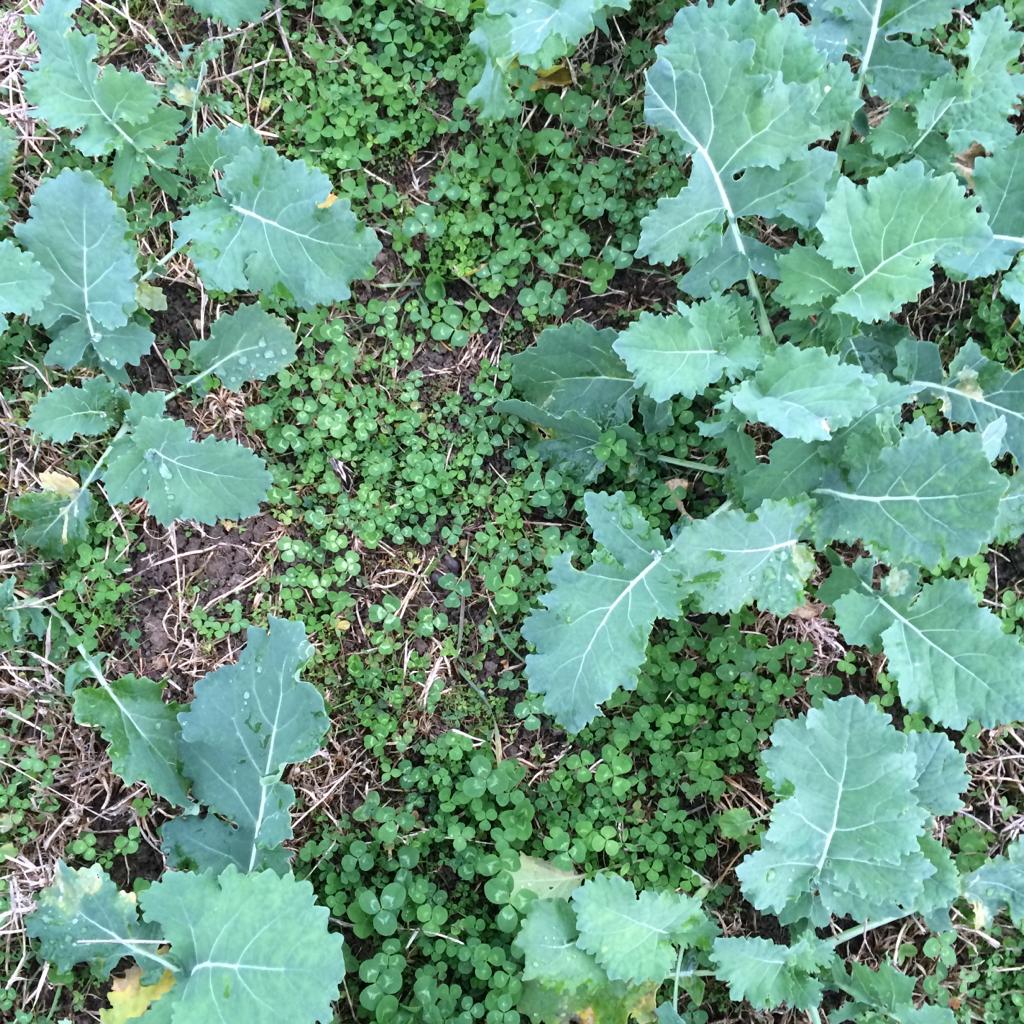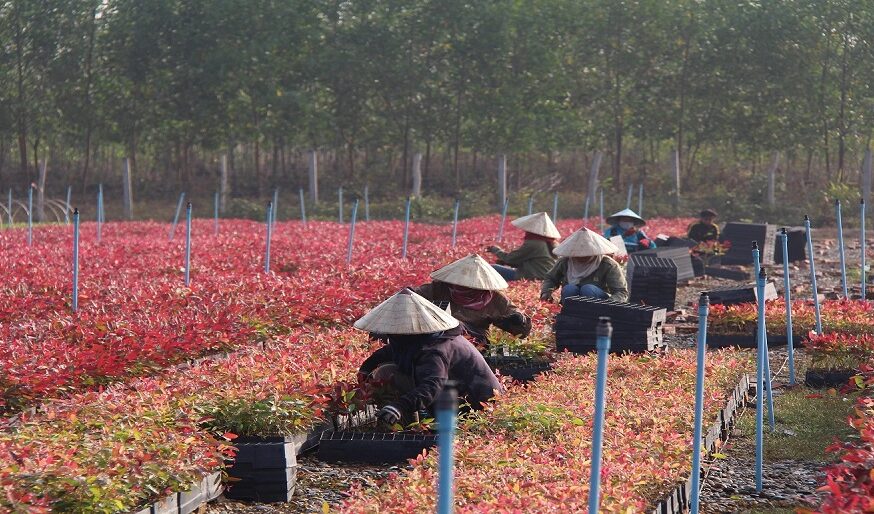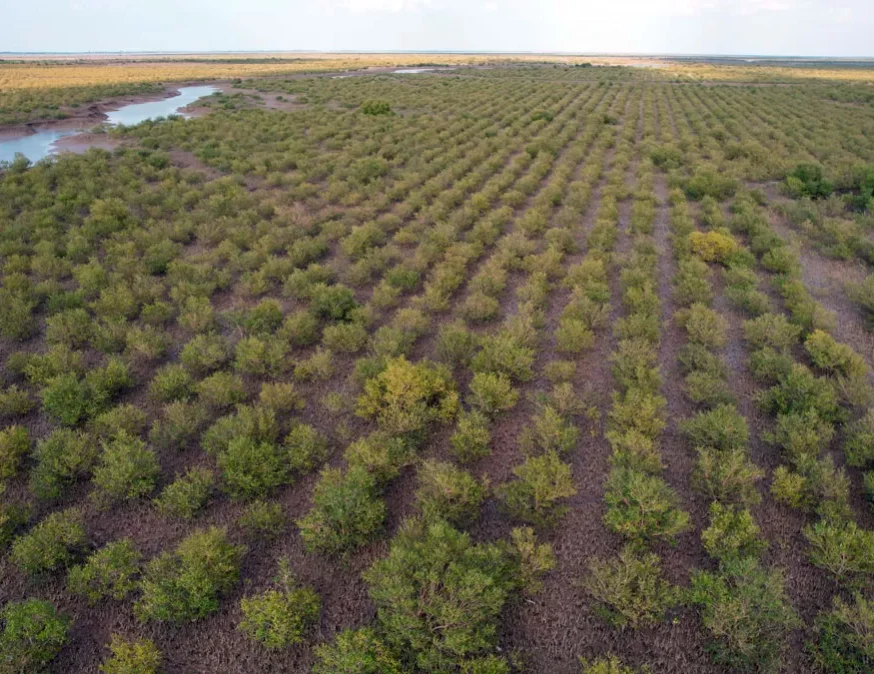Headline news
Improved ‘credit’-ability
The Blaston soil carbon project is now listed as an approved project on the Regen Network platform. Approval means Blaston’s early mover ‘soil carbon certificates’ will be replaced by carbon credits – issued and retired on Regen Network’s registry – going forward. This is a major milestone for the project and we hope it encourages others pursuing similar regenerative farming practices to follow suit and adopt Ecometric’s measuring and modelling methodology.
Mercedes-AMG PETRONAS F1
We are pleased to share that Mercedes-AMG PETRONAS F1 is purchasing credits from Blaston Regenerative Farming to support its 2030 and 2040 emission reduction targets. It hopes to cut 75 percent of its race team’s emissions by 2030 and achieve net zero emissions for its whole supply chain by 2040.
It’s great to see UK corporates mitigating their impacts on the climate through investing in regenerative soil management and we hope to see other business leaders follow the pioneering example set by the F1 team.
Soil Results and analysis
Ecometric is responsible for monitoring soil organic carbon (SOC) at Blaston Farm. Ecometric’s 2023 analysis demonstrated that when previously cultivated soil is left bare over the winter, it loses carbon to leaching (this term refers to the loss of nutrients from the soil due to rain and irrigation).
However, Ecometric found that regeneratively farmed projects that had successfully established cover/autumn crops in time protected their soils from this leaching and actually increased SOC levels over winter. Crop yields also tended to be higher on those farms which used cover cropping due to the increased retention of vital nutrients for growth in the soil.
By the numbers
- Between 2021 and 2022, soils at Blaston sequestered 4,318 tonnes of CO2e.
- During the same period, Blaston emitted 840 tonnes of CO2e – a reduction of 178 tonnes from the previous year.
- Subtracting Blaston’s annual emissions from its annual soil sequestration figure gives the net number of carbon credits produced during the 2021-22 season – 3,478.
- However, results for the 2022-23 harvest year show Blaston sequestered 1,190 tonnes of CO2e and emitted 851 tonnes, giving a net carbon credit figure of just 338.
Why are these figures so different?
The extremely wet winter of 2023 impacted crop yields significantly. When yields fall, SOC tends to follow suit. However, despite a force majeure wet year (Blaston experienced 200 percent more rainfall than the 20-year average in the local area), the farm’s soils did not lose carbon and continued to sequester. This highlights both the resilience of regenerative agriculture and the importance of improving soil health so it can better cope with the pressures of a rapidly changing climate.
Biodiversity improvements
Last year, Blaston continued its work with Severn Trent Water to improve biodiversity across the estate. Since this partnership began in 2021, it has created and enhanced 110 hectares of diverse habitat including woodlands, wetlands, grassland (arable reversion) and field buffers. Blaston aims to improve a further 80 hectares by March 2025.
Blaston has observed an increase in biodiversity across the estate. Maintaining field margins and arable reversions has made the farm more habitable for field mice and voles, both of which have seen an increase in numbers.
Barn owls have also become more frequent visitors with two nests recently spotted on the farm. A kingfisher has also taken up residence in one of the estate’s eight wetland habitats – a great reward for the farm’s efforts to plant more than 12,000 trees and restore 4.95 hectares of woodland over the past five years.
Blaston has also established two biodiversity corridors and expanded the diversity of tree species. The most prevalent native tree on the estate is ash – a species currently facing dieback. Ash dieback is expected to have severe consequences for the species, so building diversity into the estate is crucial for the future of the landscape.
Striving to improve our farming practices
Blaston’s 2024 cropping plan included approximately 200 hectares of grassland (both permanent and temporary), 60 hectares of spring barley, 36 hectares of spring beans, 35 hectares of oats and 28 hectares of winter wheat.
The farm started the year with approximately 500 sheep and 120 cattle. Despite the extremely wet weather, it reported a successful spring lambing season and has recently finished calving 60 cows.
Unfortunately, Blaston was severely affected by the weather last winter and into this spring. Unprecedented levels of rainfall meant winter-sown crops rotted in the ground and it was impossible to drill the land for spring crops. However, Blaston remains resilient, constantly assessing crop rotations and the diversity of income streams in the face of the challenges of a changing climate.
This is one reason the Farm has recently entered DEFRA’s Sustainable Farming Incentive (SFI) scheme. Under this initiative, it hopes to improve the condition of its hedgerows and increase legume, fallow and cover crops for harvest in 2025.
Blaston is also trying to maximise the use of renewable resources across its estate. It continues to displace a proportion of its energy consumption with on site solar panels and has installed an air-sourced heat pump on a cottage. If this proves successful, Blaston will add more pumps as existing oil-fired boilers are phased out.
As 2024 comes to a close, Blaston remains committed to leading the way for biodiversity and environmental improvements in farming. This year has shown the clear benefits of regenerative agriculture for building resilience in light of increasingly unexpected weather in the UK.
Share this article



